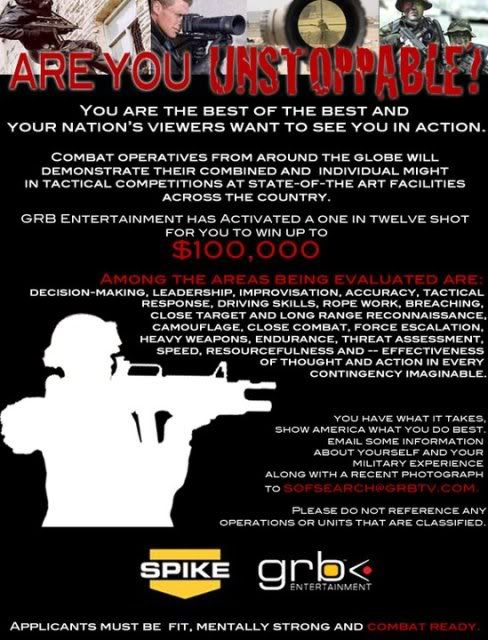In honor of this year’s 4th of July or Independence Day, I wanted to point to a very significant part of that victory and history during the Revolutionary War. A document like the Declaration of Independence is nice and all, but it takes brute force and actually winning in order to make that Independence a reality. For that, I choose to celebrate the leaders and warriors, who got us to that point that made independence a reality.
I want to emphasize how important ‘organized violence’ was to the success of the Continental Army. Thanks to General Friedrich Wilhelm von Steuben and his focus on organizing and training the Continental Army, we could field an army that could compete with the British on the field of battle. He was able to give Washington an effective and organized army to use. Such an army gives leaders the kind of confidence they need to implement more effective strategies as well.
That we also used a Prussian officer/ mercenary that was contracted by the Continental Army to train and organize their ragtag military is significant as well. An equal comparison would be Sir John Hawkwood and his significance to the defense of the Venetians in 14th century Italy. Or how American Mickey Marcus helped to stand up the Israeli Defense Force in their early days. Steuben had brought with him a method forged in the battles of Europe, and literally ‘wrote the book’ on war fighting for the Continental Army.
We also had a massive naval effort that included the Continental Navy and Privateers, all hammering away on British logistics. All of these public/private actions, along with a dedicated leadership, helped to bring about victory.
The quality of the film below is a little rough, but still is a great reminder of how significant General Steuben was to the war effort. Below I have posted a clip of the film, and here is an entry from wikipedia about Friederich Wilhelm von Steuben’s training program. Pretty cool. –Matt
Training program
Steuben’s training technique was to create a “model company”, a group of 120 chosen men who in turn successively trained other personnel at Regimental and Brigade levels. Steuben’s eccentric personality greatly enhanced his mystique. He trained the soldiers, who at this point were greatly lacking in proper clothing themselves, in full military dress uniform, swearing and yelling at them up and down in German and French. When that was no longer successful, he recruited Captain Benjamin Walker, his French-speaking aide, to curse at them for him in English. Steuben introduced a system of progressive training, beginning with the school of the soldier, with and without arms, and going through the school of the regiment. This corrected the previous policy of simply assigning personnel to regiments. Each company commander was made responsible for the training of new men, but actual instruction was done by selected sergeants, the best obtainable.
Another program developed by Steuben was camp sanitation. He established standards of sanitation and camp layouts that would still be standard a century and a half later. There had previously been no set arrangement of tents and huts. Men relieved themselves where they wished and when an animal died, it was stripped of its meat and the rest was left to rot where it lay. Steuben laid out a plan to have rows for command, officers and enlisted men. Kitchens and latrines were on opposite sides of the camp, with latrines on the downhill side. There was the familiar arrangement of company and regimental streets.
Perhaps Steuben’s biggest contribution to the American Revolution was training in the use of the bayonet. Since the Battle of Bunker Hill, Americans had been mainly dependent upon using their ammunition to win battles. Throughout the early course of the war, Americans used the bayonet mostly as a cooking skewer or tool rather than as a fighting instrument. Steuben’s introduction of effective bayonet charges became crucial. In the Battle of Stony Point, American soldiers attacked with unloaded muskets and won the battle solely on Steuben’s bayonet training.
The first results of Steuben’s training were in evidence at the Battle of Barren Hill, 20 May 1778 and then again at the Battle of Monmouth in June 1778. Steuben, by then serving in Washington’s Headquarters, was the first to determine the enemy was heading for Monmouth. Washington recommended appointment of Steuben as Inspector General on April 30; Congress approved it on May 5. During the winter of 1778-1779, Steuben prepared Regulations for the Order and Discipline of the Troops of the United States, commonly known as the “Blue Book.” Its basis was the training plan he had devised at Valley Forge.

